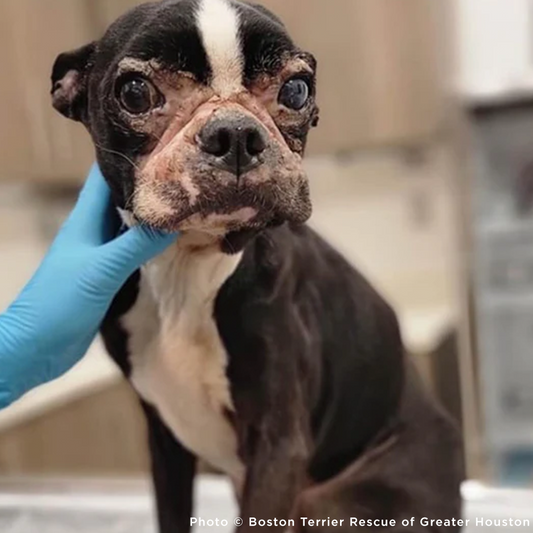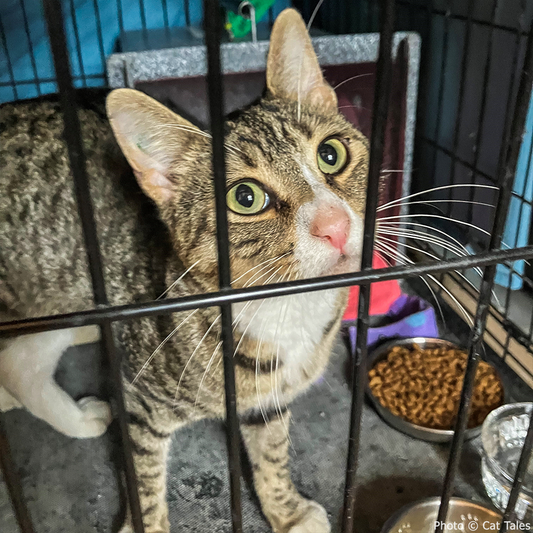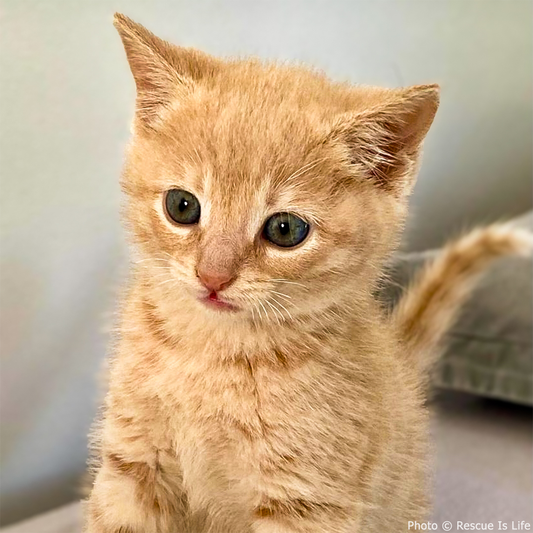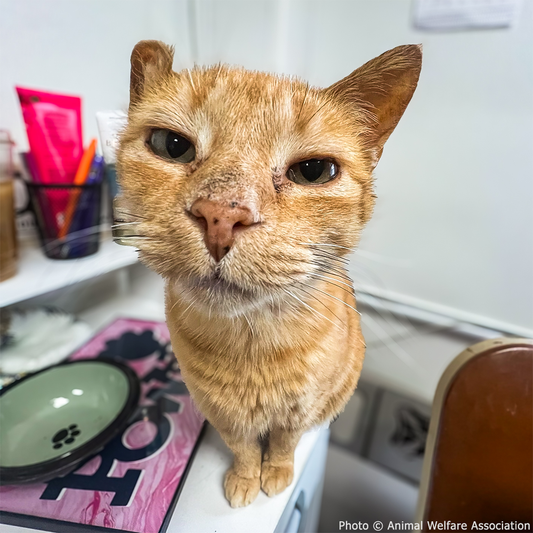Skyrocketing Costs and Animal Cruelty Claims Mire British Army's Bearskin Caps
Matthew Russell
Photo: Pexels
The distinctive bearskin caps worn by the King’s Guard during ceremonial duties outside Buckingham Palace have long been a hallmark of British tradition. Crafted from the fur of black bears, these caps have become symbolic of military prestige. However, the ethical implications surrounding their production have been a source of increasing controversy.
Animal rights campaigners argue it’s time to abandon the use of real fur, citing concerns over animal cruelty and financial waste. With each cap now costing taxpayers over $2,600, the issue has gained new urgency.

Rising Costs: An Outdated Tradition?
The cost of each bearskin cap has soared in recent years. According to a Freedom of Information request, the Ministry of Defence (MoD) revealed that the price of the ceremonial caps increased by 30% from 2022 to 2023, now sitting at a staggering £2,040 per cap.
This spike has prompted renewed calls to phase out real fur in favor of faux alternatives, especially as the total amount spent on the caps has surpassed £1 million over the past decade, reports the Daily Mail.
Proponents of the caps argue their longevity justifies the cost. These headpieces are designed to last for decades, reducing the frequency of replacement. However, critics question whether this tradition is worth sustaining in an era of ethical consciousness. With the use of real fur becoming increasingly taboo, many wonder whether maintaining this tradition outweighs the ethical and financial concerns it now raises.

Animal Cruelty in Bearskin Procurement
Each bearskin cap requires the pelt of one black bear, which is sourced from Canadian government-sanctioned hunts. The MoD insists the pelts are a byproduct of legal, licensed hunts and that bears are not hunted specifically for military use, Forces News reports. But conservationists dispute this, accusing the MoD of propping up the bear-hunting industry and perpetuating cruelty against wildlife.
The methods used in these hunts have come under fire as well. Some reports claim hunters employ crossbows, leaving bears to suffer prolonged deaths before their pelts are harvested, Forces News reports.
Animal rights activists, including prominent figures like Stephen Fry, have called for an end to this practice.
“Tradition is never an excuse for cruelty, which is why I’m joining the call for the Ministry of Defence to stop using the fur of slaughtered wildlife,” he told The Telegraph.

The Quest for Faux Fur Alternatives
Faux fur offers a clear solution to the ethical concerns, but the MoD maintains that no synthetic alternative has yet met the necessary standards for durability, water resistance, and appearance. To date, they claim no faux fur has passed the tests required to ensure the caps can withstand the demands of ceremonial duties, The Telegraph reports. These tests assess factors such as water absorption, drying rates, and compression resilience, all critical for maintaining the iconic look of the bearskin caps in any weather condition.
Despite this, PETA has proposed a faux fur alternative that they argue would match the real thing in terms of aesthetics and performance. The organization has even offered to supply the military with free faux bear fur for a decade, to demonstrate the viability of their product, ABC News reports. However, the MoD remains skeptical.

A Broader Cultural Shift?
The bearskin caps are not just headwear; they are a cultural symbol, deeply embedded in British military history since the early 19th century. They were first introduced following the Battle of Waterloo in 1815 to make soldiers appear taller and more imposing on the battlefield. Over time, they have come to represent a quintessential part of British pageantry.
Yet, traditions evolve. Other countries, including Italy and Sweden, have already transitioned to faux fur for their ceremonial military uniforms. In the UK, there are signs that the tide may be turning. Queen Camilla, following in the footsteps of the late Queen Elizabeth II, pledged earlier this year not to purchase any more real fur garments, BBC reports. This royal endorsement of faux fur could influence the MoD’s stance on the issue.
As the pressure from animal rights groups continues, it seems inevitable that Britain will need to reexamine the use of real bear fur in the King’s Guard uniforms. Whether driven by ethics or financial considerations, the case for change grows stronger with each passing year.

Time to Retire Real Fur
The bearskin caps worn by the King’s Guard may be a storied symbol of British tradition, but the ethical and financial challenges they pose cannot be ignored. With the cost of each cap now exceeding £2,000 and growing public discontent over the use of real fur, the case for adopting faux alternatives has never been more compelling.
While the MoD has yet to find a suitable replacement, animal rights activists continue to advocate for change. The question remains: how much longer can this tradition stand in the face of mounting ethical concerns?
Click below to take action for bears!
Matthew Russell is a West Michigan native and with a background in journalism, data analysis, cartography and design thinking. He likes to learn new things and solve old problems whenever possible, and enjoys bicycling, spending time with his daughters, and coffee.




















